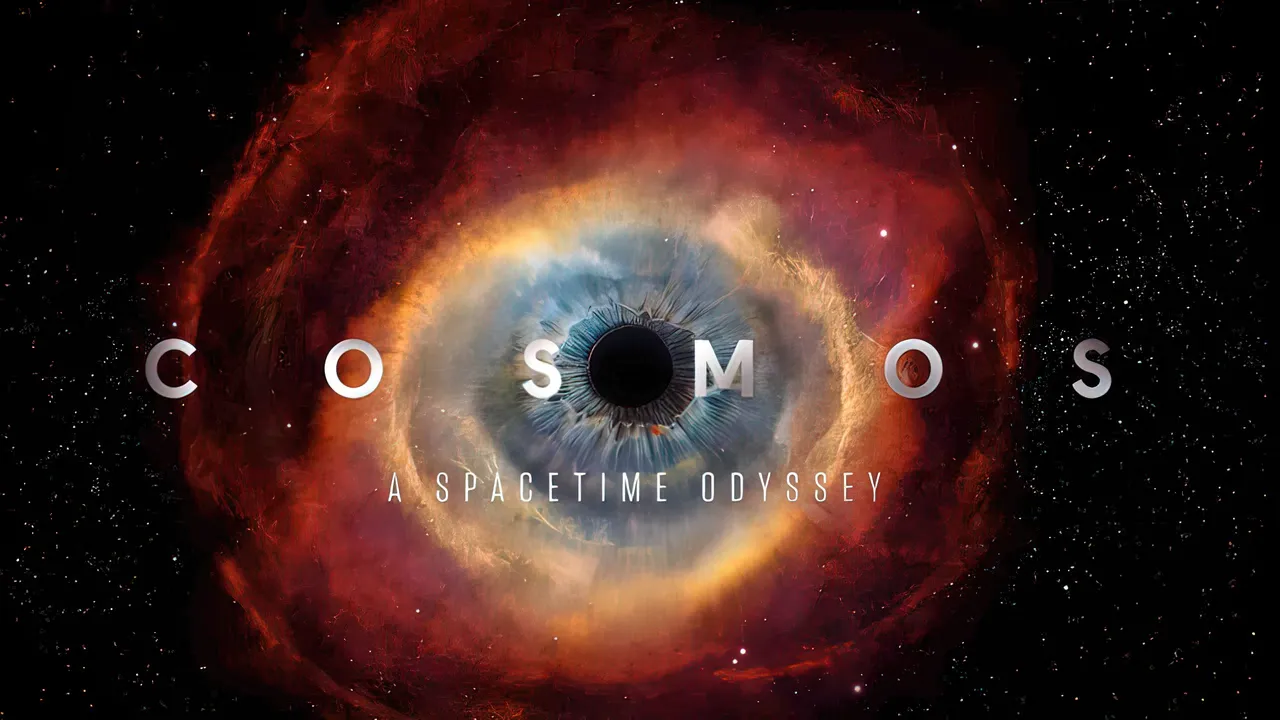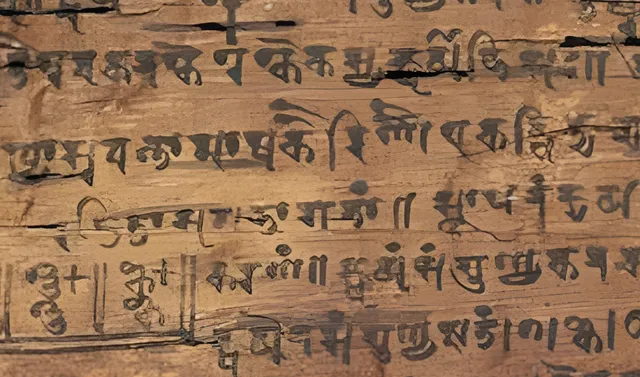Cosmos 25th Anniversary

When Carl Sagan died, the world lost a treasure. After a two year battle with bone marrow cancer, Sagan died at age 62. His influence on my generation is hard to measure. As a kid, I remember Cosmos coming on PBS for the first time. I begged my parents to let me stay up late and I watched every episode. At night I dreamed of going to the places that his starship of the imagination went off to distant places, light years away.
Sagan's dream was to go to the stars. He believed it was humanity's inescapable destiny to leave the Earth and travel to the stars. Sagan recognized that our world changed when the Apollo astronauts snapped the first picture of our planet from the surface of the moon. However, even though our destiny may be to escape the gravity of our home world, Sagan warned that a much different, much darker destiny may await us, as well. He remained cautiously optimistic about our future.
We lost a great scientist and a visionary too early. Sagan was a dreamer and a skeptic. A rare combination for students who are actively seeking great people to model their lives after. Sagan may be gone but his work lives on for some young kid in first grade to accidentally flip on a PBS program that may change their life: lead them from MTV to science, from sitcoms to astronomy, from high school to college, from the Earth to the stars.



